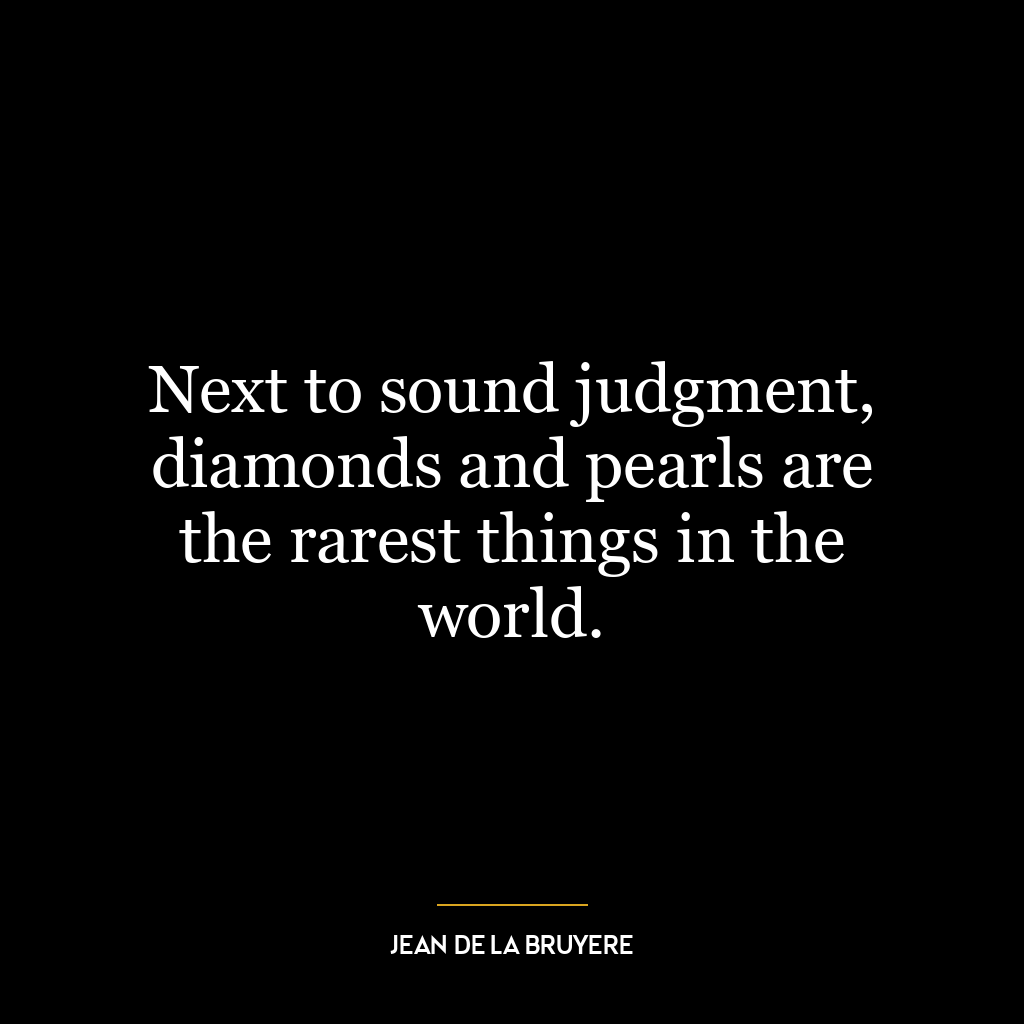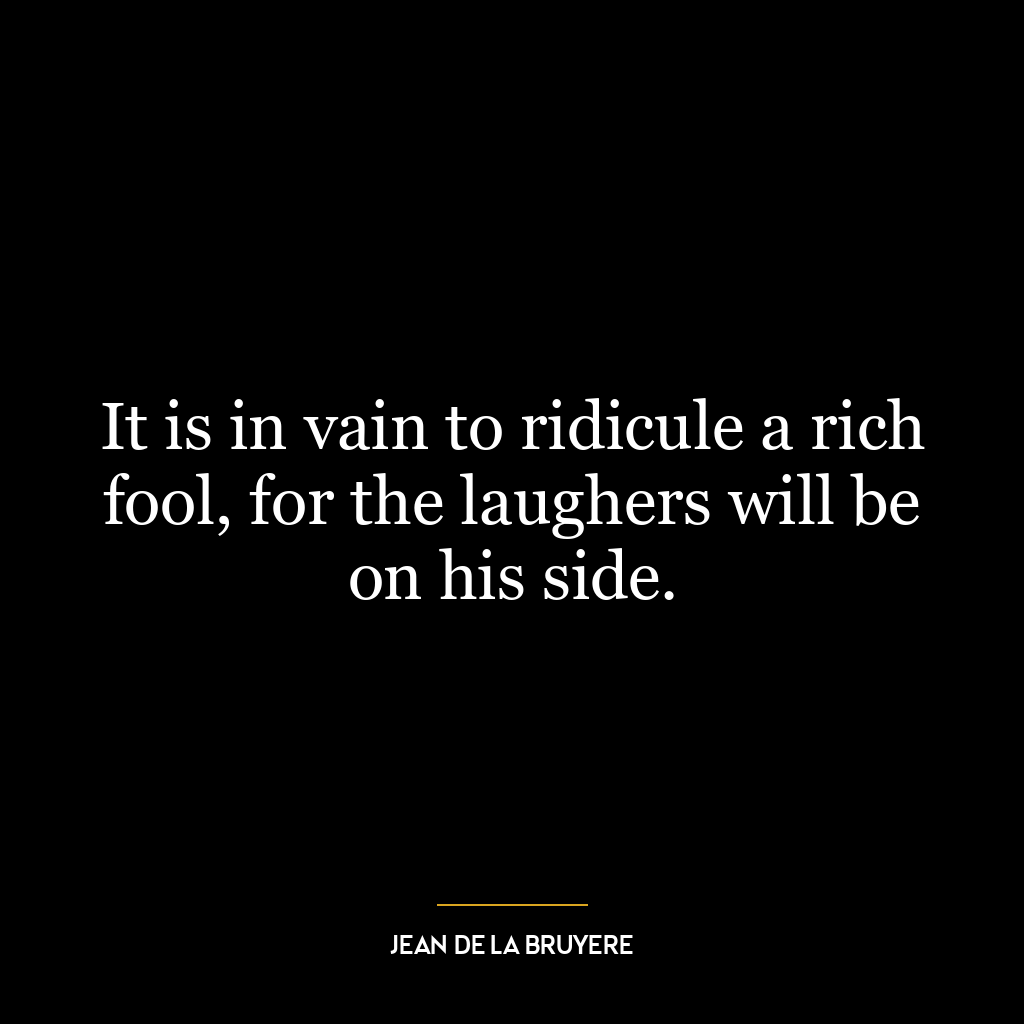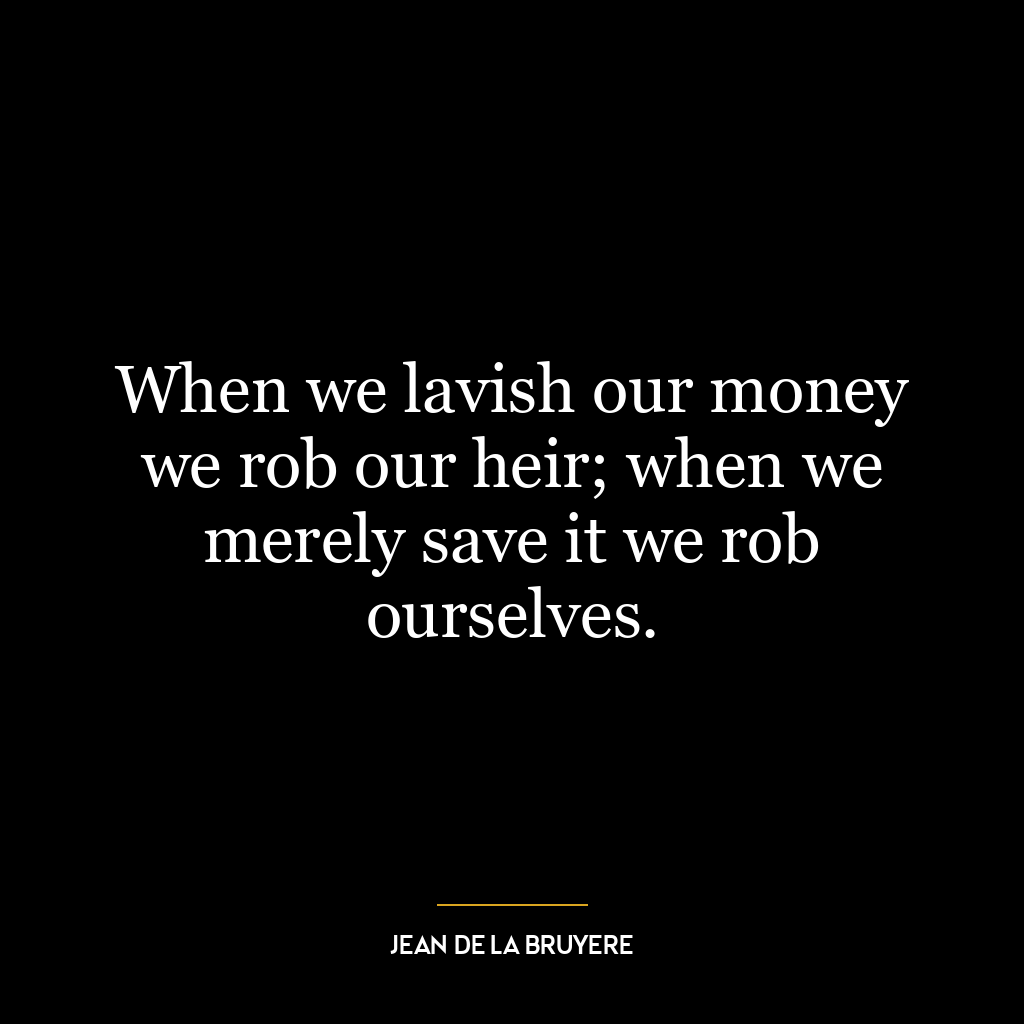The quote “All the gold upon the earth and all the gold beneath it, does not compensate for lack of virtue” is a profound statement on the immeasurable worth of virtue compared to material wealth. In essence, it suggests that no amount of gold, or by extension, any material possession, can make up for a deficiency in virtue, which encompasses moral qualities such as honesty, integrity, courage, and kindness.
This idea is deeply rooted in the belief that the true value of a person lies not in their material possessions but in their moral character. No matter how much wealth one accumulates, if they lack virtue, their life is essentially impoverished. The gold here is symbolic of all forms of material wealth and physical pleasures that people often chase after, forgetting the importance of moral and ethical values.
Applying this perspective to today’s world, it’s easy to see how relevant it remains. In a society often dazzled by material wealth and the pursuit of physical pleasures, this quote serves as a reminder of what truly matters. It’s not the wealth we accumulate, but the virtue we uphold that defines us.
In terms of personal development, this quote could be a guiding principle. It encourages us to prioritize the cultivation of virtues over the pursuit of material wealth. It’s about striving to be a better person, not just richer. It emphasizes the importance of ethical behavior, kindness, truthfulness, and other virtues that enrich our lives and the lives of those around us.
In a nutshell, the quote is a call to focus on inner wealth (virtue) rather than outer wealth (gold). It’s a timeless reminder that while material wealth is transient and can be lost, virtue is everlasting and truly enriches our lives.











